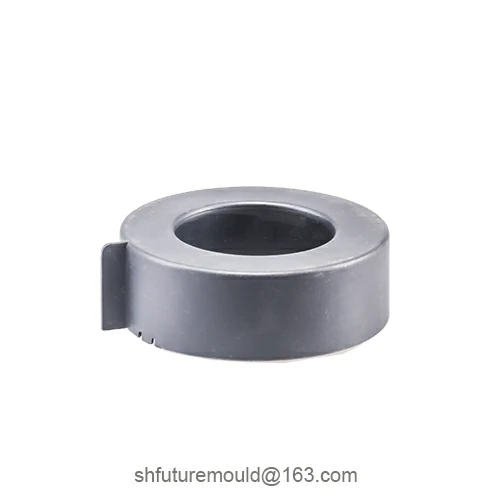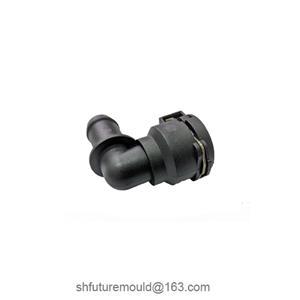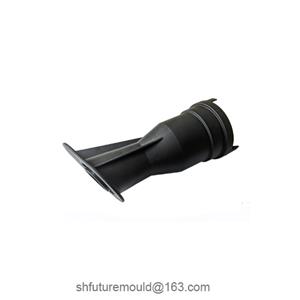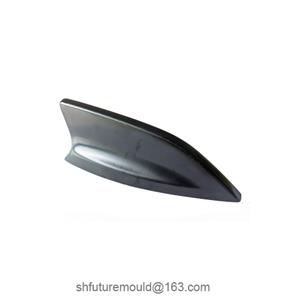-
Reverse Engineering of Injection Molded Products
Reverse engineering of injection-molded products involves measuring, analyzing, and reconstructing a 3D model of an existing injection-molded part and then designing the corresponding injection mold.
04-03-2025 -
Injection Mold Data Plate
Throughout the manufacturing and operational lifecycle of injection molds, the data plate (Data Plate) serves as the mold’s "ID card," carrying critical technical parameters, management information, and safety identifiers.
04-03-2025 -
Opening Sequence of Three-Plate Molds
A three-plate mold (also known as a three-plate injection mold) is a common structure in injection mold design, particularly suited for complex cavities and multi-cavity applications.
03-03-2025 -
Why Are Injection Molds So Expensive?
As the core equipment for plastic product production, the cost of injection molds typically accounts for 30%-50% of the entire production project. This high cost is primarily attributed to the multi-dimensional technical requirements and complex manufacturing processes involved in mold development.
03-03-2025 -
Thread Processing in Injection Molds
Thread processing in injection molds refers to the design and manufacturing of mold components used to produce plastic products with internal or external threads.
03-03-2025 -
Do You Understand the Precision of Mold Processing Equipment?
The precision of mold processing equipment is a core element that determines the quality of the mold, directly affecting the molding effect, dimensional stability, and production efficiency of the product. With the increasing demand for precision and miniaturization in the manufacturing industry, equipment precision has become an important indicator of the mold industry's competitiveness.
26-02-2025 -
What Are the Positioning and Limiting Components in Injection Mold Processing?
In injection mold processing, positioning and limiting components are critical for ensuring precise mold alignment, stable operation, and high-quality product manufacturing.
26-02-2025 -
Analysis of Injection Mold Base Classification Systems
The injection mold base serves as the skeletal framework of a mold, supporting the molding system, guiding mechanisms, and ejection devices. Its classification directly impacts mold rigidity, machining efficiency, and cost control.
26-02-2025 -
How to Improve Sink Marks in Injection Molding
Sink marks are a common defect in injection molding that can affect the surface quality and appearance of a product. They are primarily caused by the pressure and friction of the ejector pin on the plastic as it cools and solidifies.
21-02-2025 -
High-Precision Measuring Tools in Plastic Mold Processing
High-precision measuring tools are crucial in plastic mold processing to ensure dimensional accuracy, shape tolerances, and assembly precision.
21-02-2025




